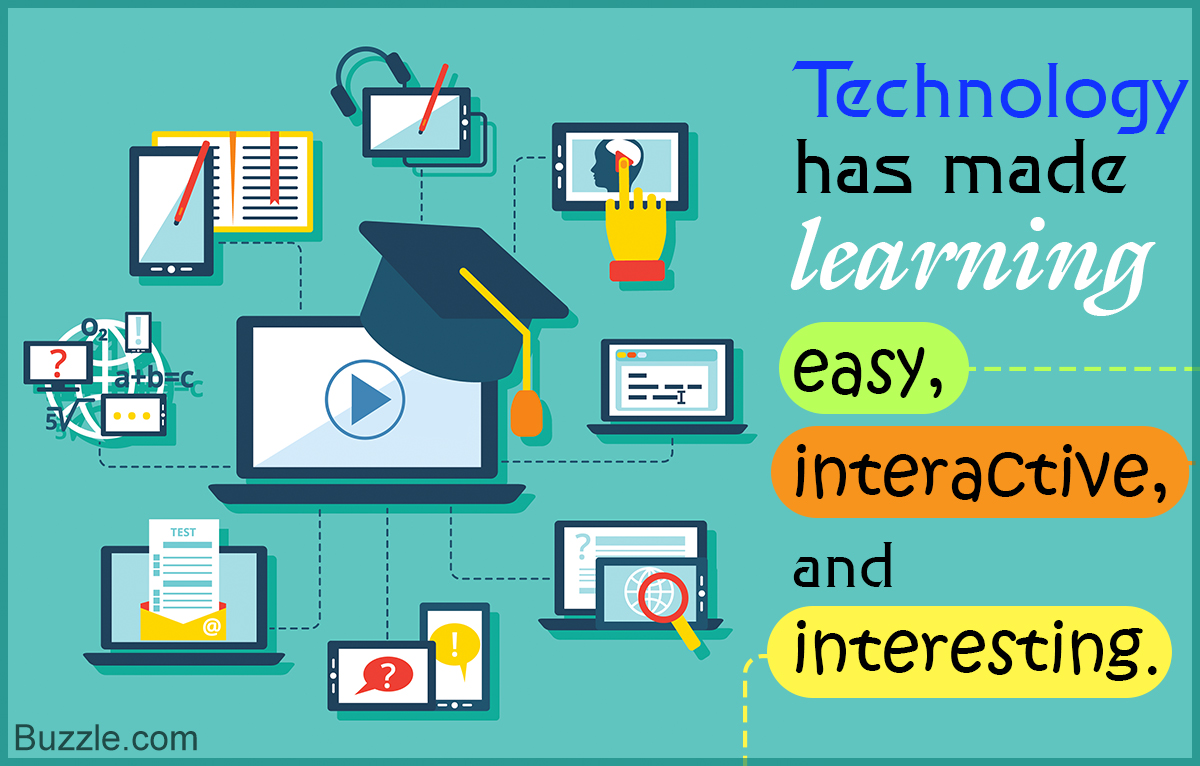BJ255 Insights
Exploring the latest trends and news in various fields.
Classroom Magic: How Tech Turns Learning into an Adventure
Discover how technology transforms classrooms into thrilling adventures and sparks a love for learning in every student!
Unlocking the Future: Top 5 Technologies Transforming the Classroom Experience
The classroom experience is evolving rapidly, driven by innovative technologies that enhance learning and engagement. Virtual Reality (VR) is at the forefront of this transformation, providing immersive experiences that allow students to explore complex environments, from the depths of the ocean to distant planets. Additionally, Artificial Intelligence (AI) is reshaping personalized learning, allowing educators to tailor experiences to meet individual student needs. Through data analysis and adaptive learning platforms, AI is making education more efficient and effective.
Another essential technology is Augmented Reality (AR), which overlays digital information onto the real world, bringing textbooks to life in ways that captivate students' imaginations. Furthermore, the integration of Collaborative Tools like Google Classroom facilitates communication and teamwork among students, making it easier for them to work together on projects regardless of their physical location. Finally, Wearable Technology provides new opportunities for real-time feedback and health monitoring, ensuring students remain engaged and focused during their learning journey.

Are Gamified Learning Environments the Key to Student Engagement?
In recent years, gamified learning environments have gained traction as a promising method to boost student engagement. By incorporating game-like elements such as rewards, challenges, and competition into the learning process, educators can create an atmosphere where students are not only motivated but also eager to participate. This approach aligns with psychological principles that highlight the importance of intrinsic motivation in learning, making education feel more like an adventure rather than a chore.
Moreover, the adaptability of gamified learning environments allows educators to tailor experiences to meet the diverse needs of their students. For instance, teachers can use gamification to create personalized pathways that cater to individual learning styles and paces. This flexibility can lead to improved understanding and retention of material, ultimately resulting in a more enriched academic experience. As schools continue to explore innovative teaching methods, the question arises: could gamified learning be the key to unlocking higher levels of student engagement and success?
From Virtual Reality to AI: How Technology Makes Learning an Adventure
In the ever-evolving landscape of education, technology is transforming the traditional learning experience into an exciting adventure. Virtual Reality (VR) immerses students in dynamic environments where they can explore ancient civilizations, conduct scientific experiments in virtual labs, or even journey through the human body. This form of interactive learning not only captivates students’ attention but also enhances their comprehension and retention of complex subjects. As students engage with 3D models and simulations, they develop critical thinking skills and a deeper understanding of the material, making education more effective and enjoyable.
Furthermore, the integration of Artificial Intelligence (AI) in the educational sphere is reshaping how knowledge is delivered and personalized. AI-powered platforms analyze students' learning patterns, adapting content to meet individual needs and learning speeds. For instance, adaptive learning systems can provide tailored resources, quizzes, and feedback, ensuring that every student receives support suited to their unique journey. This personalized approach fosters a sense of autonomy and keeps students motivated, transforming learning into a lifelong adventure where technology empowers them to achieve their full potential.